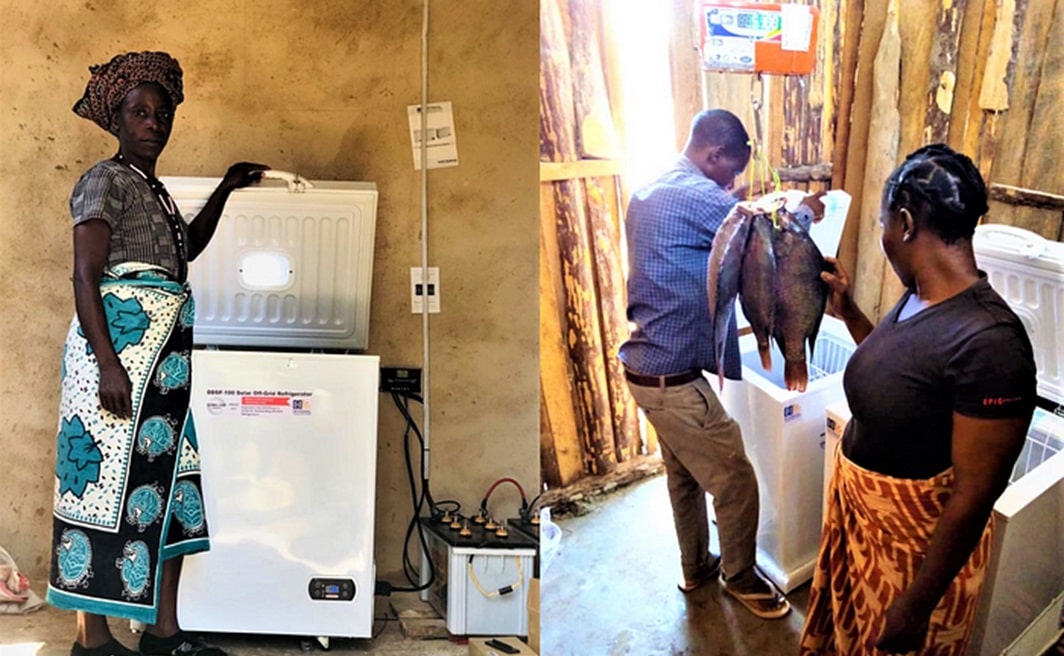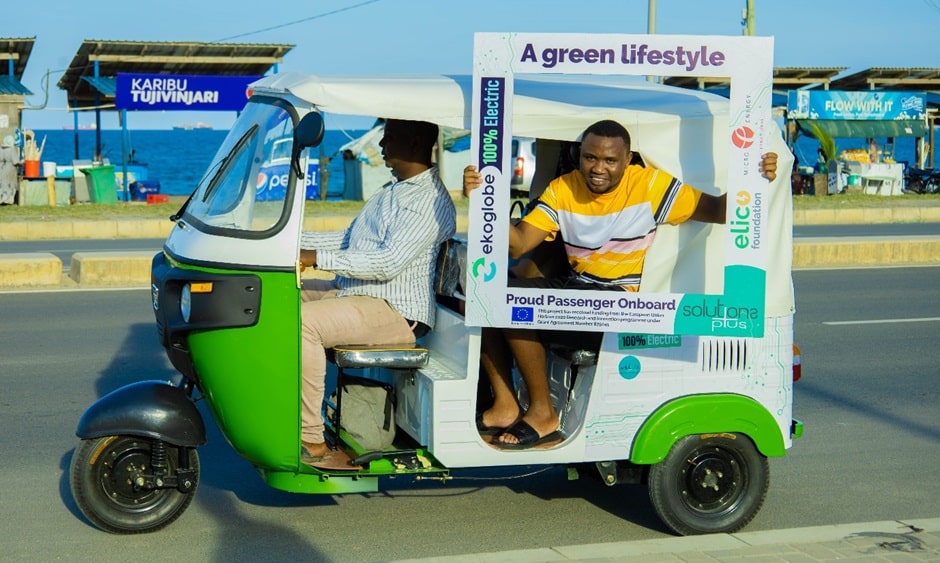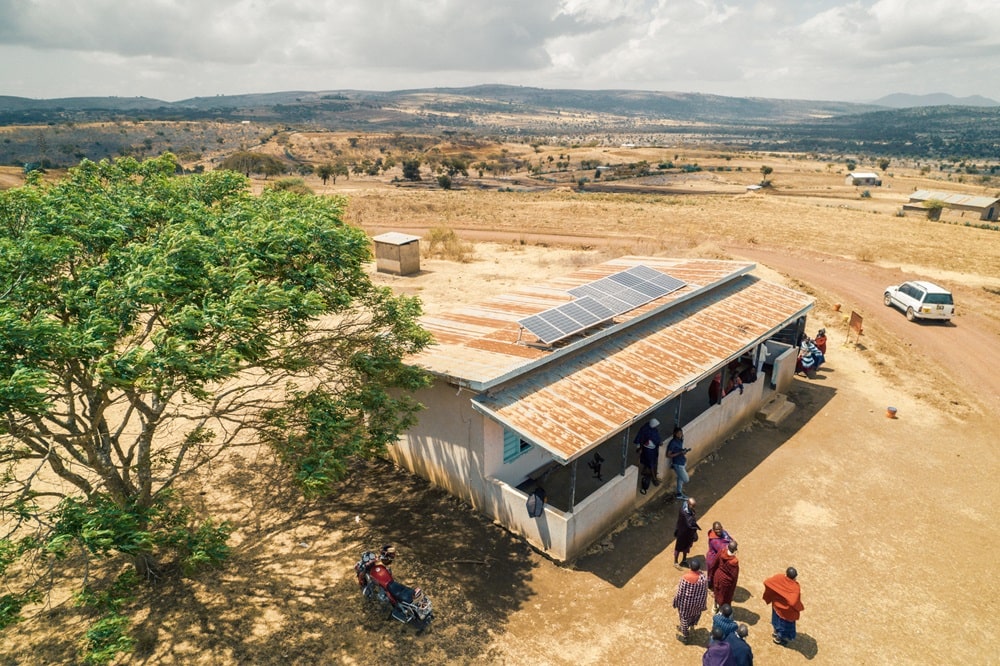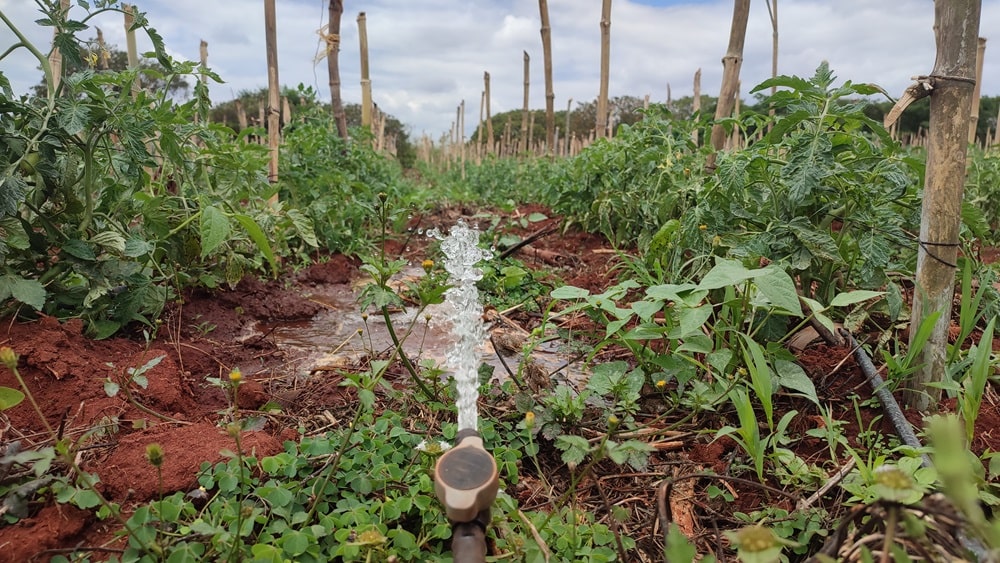Dar es Salaam. Access to reliable electricity is a critical component of effective healthcare delivery, but in many rural areas in Tanzania, the situation is different. The lack of a consistent power supply has been a major barrier to providing quality health services.
In recent years, the integration of solar energy into rural health facilities in Tanzania has significantly enhanced the quality of healthcare, particularly in maternal health.
The installation of a solar power system at Galigali Dispensary has ushered in a new era of improved health services for the remote community in Galigali located in Mpwapwa District, Dodoma.
The dispensary, which had long struggled with the lack of electricity, now offers safer and more reliable healthcare, particularly during nighttime hours.
Galigali Dispensary’s most pressing challenge was the absence of a stable power supply, severely impacting its ability to provide essential health services such as small operations and maternity care at night.
This not only endangered patients but also posed risks to health workers, who had to rely on local methods to sterilize instruments without an electric boiler. The lack of electricity also hampered communication during emergencies, making it difficult to call for an ambulance or other forms of help.
The transformation brought by a solar system is already making a significant difference. Haidaeli Elisha, the Clinical Officer at Galigali Dispensary, expressed relief and optimism about the changes. solar-power
“With the new solar power system, we can now perform nighttime operations and deliveries with confidence. The risk to patients and staff has been greatly reduced, and we can ensure better outcomes for everyone,” Elisha stated.
For years, villagers had to resort to using kerosene lamps during deliveries, a situation that placed both mothers and newborns at significant risk.
Stella Mnyang’ali, a 52-year-old mother of seven, vividly recalls the struggles she faced during her deliveries at the dispensary. “Out of my five babies delivered at the hospital, I used kerosene lamps. I witnessed doctors struggling to help me and my babies, and unfortunately, some other people lost their lives, or their babies during delivery,” she said.
The improved lighting and reliable power supply mean that health workers no longer have to rely on makeshift solutions for sterilizing medical instruments.
This change enhances the overall safety and hygiene of the medical procedures performed at the dispensary as well as the ability to communicate effectively during emergencies will be restored, ensuring timely assistance and better coordination with ambulance services.
While Galigali is celebrating the improvements in maternity service, the recent installation of a solar system at Kitanga Health Center in Kitanga Village, Kasulu District, Kigoma, has brought a significant improvement in the region’s healthcare services.
The health center, which began its construction in 2021, received its solar system with 18.6kWp capacity and a 20.48kWh lithium-ion battery backup, in March 2024 through the Kijanisha Afya Programme that is being implemented by the Elico Foundation and supported by the Embassy of Ireland in Tanzania.
The solar system installation comes at a critical time as the hospital is currently providing essential Outpatient Department (OPD) and Reproductive and Child Health (RCH) services.
The need for reliable lighting remains crucial, especially as the hospital undergoes further development including ongoing construction projects for a laboratory, maternity ward, laundry facilities, and housing for health workers.
Loveness Maro, the center’s Clinical Officer explains that once those facilities are operational, the system is expected to significantly enhance laboratory and surgical activities.
“Having a reliable power source means we can operate our equipment without interruptions, which is critical for accurate diagnostics and effective treatment,” said Maro.
The consistent power supply will enable the center’s laboratory to offer more comprehensive diagnostic services, improving the accuracy and speed of medical tests; this is expected to lead to better patient outcomes through prompt disease diagnosis and treatment.
On his side, Silvanus Kazange, Chairman of Kitanga Village believes that the completion of the maternity ward, which is currently under construction, will also benefit from the electricity by ensuring mothers and newborns receive the best possible care, regardless of the time of day.
“Our community has been eagerly awaiting these advancements. The new power supply will undoubtedly save lives and improve the health of our mothers and children,” Kazange said.
Kitanga Health Center is set to serve approximately 69,000 people from surrounding villages, including Kiungwe, Kirage, Heroshingo, and others.
Some villagers believe that the reliable power supply will ensure that the health center can operate efficiently and provide quality healthcare services to a large population, as Samson Gideoni from Kitanga Village shared his views.
“The solar power installation is a game-changer for us. It means better healthcare services and more reliable medical support for our community. We’re grateful for this development,” remarked Samsoni.
The successful impact of a solar system didn’t just end at Galigali Dispensary and Kitanga Health Center alone, the Kijanisha Afya program has extended its hand to Migongo Dispensary in Buhigwe District – Kigoma, bringing a remarkable turnaround to the facility.
In April 2024, Migongo Dispensary also benefited from the installation of the 6.51kWp solar system to support healthcare, restoring critical services that had been severely impacted since July 2023, when the dispensary’s previous power supply went off.
Migongo Dispensary has been operating with solar electricity since 2013, enabling it to provide essential services, including laboratory tests, surgical operations, and maternity care during nighttime hours.
According to the Assistant Nurse Officer at Migongo Dispensary Tiphronia Kahile, the power outage in mid-2023 left the facility struggling to maintain these services, putting the health and well-being of the community at risk.
“The absence of reliable electricity was a major setback for us. We couldn’t conduct laboratory tests, perform small surgeries, or assist in night-time deliveries, which left many patients in distress,” said Tiphronia Kahile.
The installation of a solar system that helps to access electricity in April 2024, facilitated by the same Elico Foundation initiative, the Kijanisha Afya Programme, has brought a renewed sense of hope and functionality to the dispensary.
Since the installation, all critical services have resumed, and the dispensary has been able to provide uninterrupted care to its patients.
Faraja Ndeleli, who recently delivered her second baby at the dispensary after the solar power installation, shared her positive experience.
“This time I encountered no challenges; the doctors and nurses were able to see clearly and use all necessary equipment. It was a completely different experience from my previous delivery,” she recounted.
One of the most notable outcomes has been in the maternity ward. Since the restoration of reliable electricity, Migongo Dispensary has assisted in the safe delivery of ten babies during nighttime hours, a feat that was impossible during the blackout period.
“Having a stable power source means we can now provide the necessary care for our patients around the clock. It has been especially rewarding to see our maternity services back in full swing, ensuring safe deliveries regardless of the time of day,” Kahile added.
The Kijanisha Afya program, funded by the Embassy of Ireland – Tanzania is a pioneering initiative tackling energy, climate action, gender equality, and health in Dodoma and Kigoma regions. Installing solar systems and energy-efficient appliances, enhances healthcare delivery and sustainability in Chemba, Mpwapwa, Buhigwe, and Kasulu, with plans to expand to more districts.
This program not only reduces the environmental impact of health facilities but also boosts resilience to climate challenges, improves healthcare quality, and promotes community well-being.






